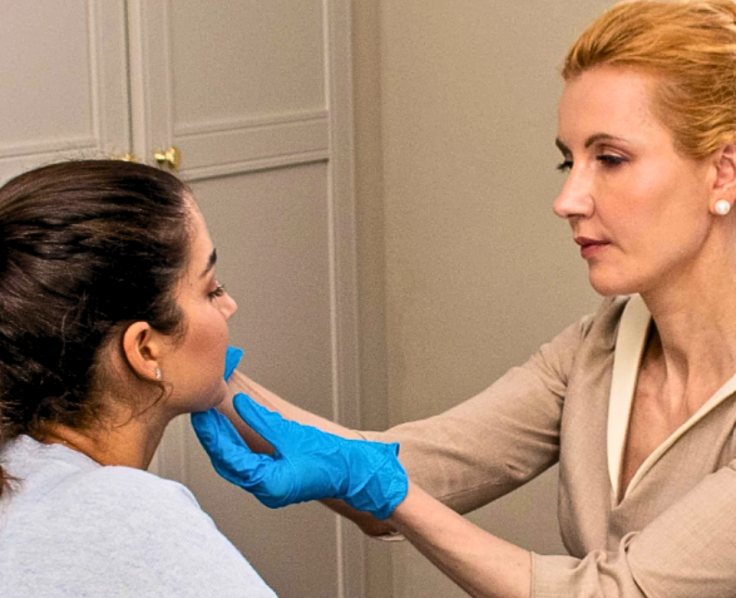Dispelling Sleep Myths: Why Chasing 8 Hours May Be Counterproductive
Understanding the myths is key to fostering healthy sleeping habits that enable individuals to live fulfilling lives that are not disrupted by misinformation

Since sleep medicine first gained traction in the 1970s, it has been argued that eight hours of deep rest is non-negotiable for a person to feel healthy. However, more recent studies have suggested that the human body's appetite for sleep fluctuates significantly throughout different periods of life.
This breakthrough reinforces the idea that while sleep is critical for optimised physical and emotional health, the practice doesn't look the same for everyone. Babies and older people don't have the same sleep patterns because their bodies require different levels of rest, rejuvenation, and repair. Understanding this concept is key to fostering healthy sleeping habits that enable individuals to live fulfilling lives that are not disrupted by misinformation.
Dr. Olivia Beresford, an anaesthetist, medical doctor, and practitioner of Cognitive Behavioral Therapy for Insomnia (CBT-I), advocates for society to reexamine its long-held beliefs toward sleep and discard ideas that fuel sleeping difficulties.
The average human sleeps for a vastly different length depending on the stage of their lifecycle.
Babies sleep for the longest, peaking at 17 hours. During this period, they undergo the most significant amount of cognitive development. Sleep, which enables physical rest, is also a period for the body to repair tissues, store memories, and develop.
After adolescents enter puberty, their sleeping patterns also change. Their circadian rhythms undergo significant transformation. Their sleep and wake cycles shift to later, causing them to become 'night owls'. Teenagers also require more rest because of new biological functions occurring in the body. Society has recognised this and labelled teenagers as a lazy group who sleep too much, but in reality, some of them may be sleep-deprived and, therefore, struggle with life commitments such as an early start time for school.
As people age, they exhibit their own unique set of sleep patterns. Due to several factors, older individuals become lighter sleepers and spend less time in deep sleep, so they may require naps in the afternoons. The side effects of chronic illness and associated medication may disrupt their nighttime sleeping routine.
A human's need for sleep is complex; not only does it vary in different stages of life, but there is also a significant variation between individuals even of the same age. Therefore, it is unrealistic to encourage everyone to aim for the same eight hours of sleep every night. Studies show that, on average, healthy people tend to sleep seven to seven and a half hours most nights.
Additionally, over the long term, it was discovered that people who sleep around nine to ten hours a night are at a higher risk of developing diseases ranging from cardiovascular disease and diabetes to cancer. This dispels the notion that sleeping longer is universally healthier.
An anaesthetist and longevity medical doctor, Dr. Olivia Beresford, supports a holistic approach to sleep health. Through her private clinic in London, she has recognised the impact of society's perception of the eight-hour rule on sleeping habits. Since many people think they will feel physical and emotional effects if they get less than eight hours, they frequently have anxious thoughts right before bed.
"Since the idea of sleeping eight hours at night has become so widely believed, many people have anxiety when they can't fall asleep. They know they must get eight hours, so they start worrying when it's taking too long or realise they have less than that amount at their disposal. This causes stress and can negatively impact someone's health and well-being."
In addition to offering aesthetics and wellness treatments, Dr. Beresford provides CBT-I for her clients suffering from insomnia. She trained in these techniques because she struggled with insomnia after the birth of her second child. Medication wasn't helping, and Dr. Beresford was determined to find a way to be in control of her life again. CBT-I enabled her to reach this goal and help numerous clients do the same.
Since discovering the impact of healthy sleep on well-being and longevity, Dr. Beresford recognised the need for greater awareness. "It could be argued that sleep is a human's number one need. Healthy sleep helps our body rest, repair, and protect from infection. However, one size does not fit all because sleeping patterns are so individualised."
As Dr. Beresford educates the public on the eight-hour myth and the individuality of sleep, the hope is to promote healthy sleep practices, reduce over-reliance on medication, and optimise sleep for healthy longevity. "If we minimise the anxiety around the eight-hour 'rule', we allow our body to take the lead, and consequently, we will fall easier into our natural sleeping pattern."
© Copyright IBTimes 2025. All rights reserved.





















